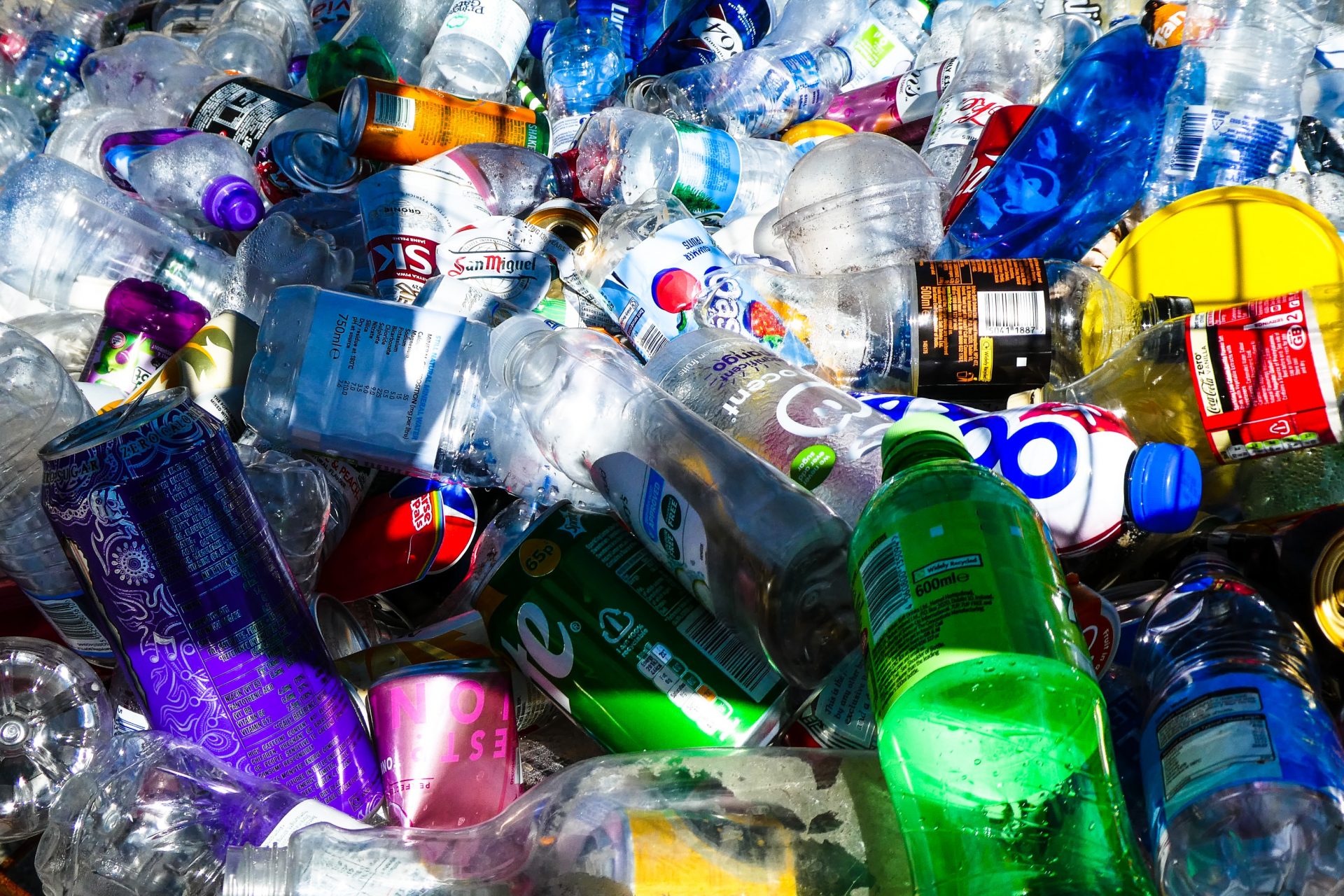This website uses cookies so that we can provide you with the best user experience possible. Cookie information is stored in your browser and performs functions such as recognising you when you return to our website and helping our team to understand which sections of the website you find most interesting and useful.
/ Insights / Knowledge Hub
Knowledge Hub.
Explore our latest resources.
Gain the knowledge and confidence to take on the greatest packaging challenges.

As a leading authority on sustainable packaging, we want to empower you to catalyze meaningful and impactful change and ensure you’re up-to-speed on the latest topics impacting our industry.
Take a look at our useful resources below to stay ahead. Simply search by ‘hot topic’ or view our ‘most read’ content.
Aura Knowledge Hub.
Topic
Packaging challenge
Most Popular
-
1
Global and local initiatives are needed, in the battle against plastic pollution
14 Nov • 4 mins read -
2
Introducing the #TREVTalks podcast
10 Oct • 4 mins read -
3
Packaging Innovations 2024
01 Mar • 5 mins read -
4

Article
Packaging Legislation: Why Now is the Time.
In recent years, the landscape of global packaging legislation has become increasingly complex and dynamic. Find out more here.
Find out more

Aura Webinar
Webinar | How can packaging data ensure you’re tracking carbon
In this webinar, Aura’s Gillian Garside-Wight, Consulting Director and CarbonQuota Co-Founder Dominic Harris, provide valuable insights into how accurate packaging data plays an essential role in helping your organization to navigate regulatory challenges, drive sustainability, and achieve your goals.
Find out more

Aura Webinar
Webinar | How can packaging data shape your packaging journey
In this webinar, Aura’s Gillian Garside Wight, Consulting Director, provides valuable insights into how accurate packaging data plays an essential role in helping your organization to navigate regulatory challenges, drive sustainability, and achieve your goals.
Find out more

Aura Report
Horizon Futures: Turkey 2024.
Covering the Environmental Act, EPR, recycling targets, plastics regulation, Green Deal Action Plan, DRS and more.
Find out more

Aura Report
Horizon Futures: Australia 2024.
Covering the National Waste Policy, Recycling and Waste Reduction Act, EPR, Recycling Definition & Targets, single-use plastic, National Plastics Plan, DRS, end-of-life labelling and more.
Find out more

Aura Report
Horizon Futures: South Africa 2024.
Covering EPR, recycling and reuse targets, plastics regulation, food contact materials, and more.
Find out more

Aura Report
Horizon Futures: Vietnam 2024.
Covering the Environmental Protection Law, EPR, recycling targets, plastics regulation, end-of-life labeling and more.
Find out more

Article
Managing EPR
Our Extended Producer Responsibility (EPR) guide helps you navigate managing your EPR responsibilities.
Find out more
We’re proud of the partnerships we build with our clients,
including the world’s largest retailer and e-tailer.










Get in touch
Let’s talk.
Our experienced consultants are here to help.
